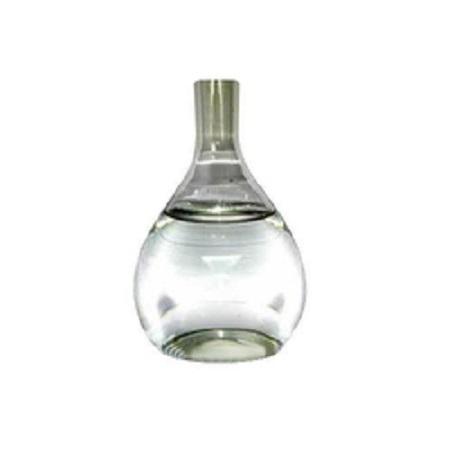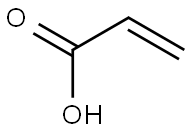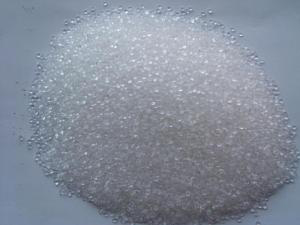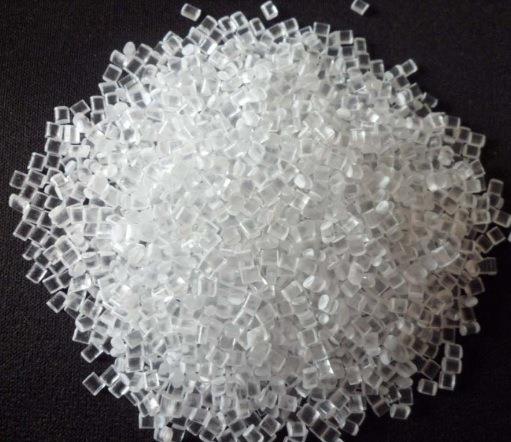Uses of Acrylic acid
Acrylic acid, also known as prop-2-enoic acid, is an organic molecule with the formula C3H4O2, and is the simplest of the unsaturated carboxylic acids. At room temperature, acrylic acid is a colorless liquid with a tart or acrid smell. Industrially, acrylic acid is produced from the oxidation of propene with molecular oxygen. Acrylic acid is highly susceptible to Michaeltype reactions, and most of the uses of this chemical involve polymerization reactions. Acrylic acid is used to produce large quantities of acrylic esters.

Uses
Acrylic acid is used as a building block in the production of many types of homopolymeric and copolymeric materials, including various plastics, coatings, adhesives, elastomers, paints, and polishes. Additionally, acrylic acid is used in the production of hygienic medical products, detergents, and wastewater treatment chemicals.
Safety information
Acrylic acid’s large-scale use and production results in its release into the environment. The most likely route of exposure is inhalation because acrylic acid has a low vapor pressure. The miscibility of acrylic acid in water combined with its low vapor pressure prevent it from accumulating in the soil. Acrylic acid that is emitted into the atmosphere is degraded photochemically by reaction with hydroxyl radicals. There is no potential for long-range atmospheric transport of acrylic acid because it has an atmospheric lifetime of 1 month.
Acrylic acid is corrosive, and its toxicity occurs at the site of
contact.
You may like
Related articles And Qustion
See also
Lastest Price from Acrylic acid manufacturers

US $0.00/kg2025-06-23
- CAS:
- 79-10-7
- Min. Order:
- 1000kg
- Purity:
- 98
- Supply Ability:
- 80tons

US $1.00/KG2025-04-21
- CAS:
- 79-10-7
- Min. Order:
- 1KG
- Purity:
- 99%
- Supply Ability:
- 10 mt



